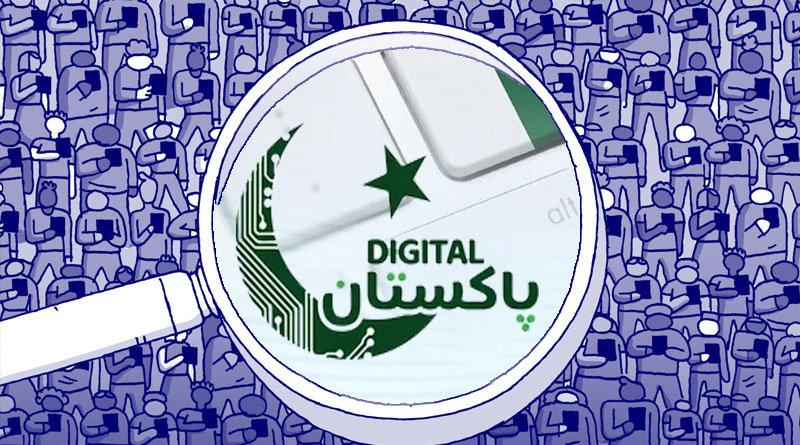Commissioner of Multan Division claimed that in the modern era, technology plays a significant role and that the census is a crucial tool for national planning.

First digital census of Pakistan will begin on February 1 and is crucial to determining the needs of the nation going forward, according to Ashfaq Ahmad Chaudhry, commissioner of Multan Division.
He was speaking to the inexperienced enumerators in this area on Saturday. According to him, a successful census depends on cooperation between the enumerators and the respondents. The first paperless digital census of Pakistan , which incorporates geotagging, will run through March 4.
He claimed that in the modern era, technology plays a significant role and that the census is a crucial tool for national planning.
According to Director of Local Government Zahoor Hussain, 5 559 enumerators and 873 supervisors will work during the divisional census, and 9975 census blocks have been established. Every citizen would be able to upload his own data for the digital census on the portal.
On this particular occasion, Additional Deputy Commissioner Rizwan Nazir was present along with other officials. Meanwhile, the Commissioner made an unannounced visit to Nishtar Hospital and received a briefing on the medications and equipment used there.
He claimed that the Punjab government’s top priority was to build a hospital with modern amenities. To give the populace access to medical facilities, the health sector is being expanded. According to Dr. Rana Altaf, vice chancellor of Nishtar University, more patients were treated than the 1,700 available beds could accommodate.
Dr. Rao Amjad of MS Nishtar Hospital reported that 159 different drug items were available there. There were delivery rooms, emergency rooms, operating rooms, intensive care units, neonatal emergency rooms, dengue and Corona wards, complete medicines, and free medicines.
A digital census uses digital tools and technology to conduct the census rather than more conventional techniques like paper forms or in-person interviews. This can involve the collection and analysis of data using online surveys, mobile apps, and other digital platforms.
A digital census aims to provide more accurate and current data while also increasing the efficiency and cost-effectiveness of the census process. Digital censuses may also provide extra features and functionality, such as the capacity to record more specific or detailed data and the ability to monitor and assess the information in real-time.